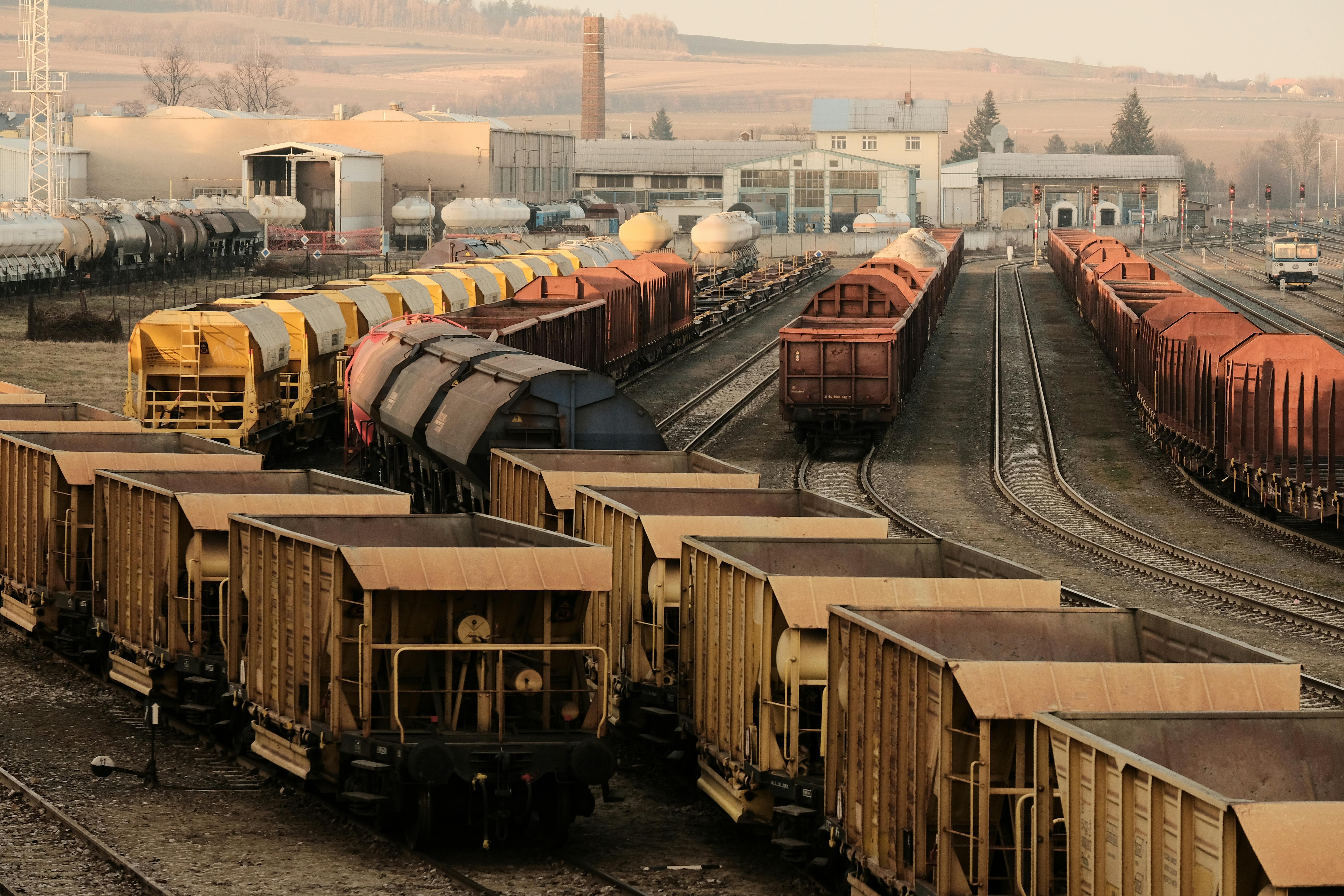


And for a long time, that’s worked. The best operators earn trust because they remember what others forget. They’ve built relationships, developed judgment, and know what “normal” looks like. They’ve become the systems.
But here’s the problem: when knowledge only exists in someone’s head, it doesn’t scale—and it doesn’t survive transition. It becomes fragile. It becomes tribal.
Every freight company has a “go-to” person. The one who remembers how to quote that tricky reefer lane. The one who knows the carrier that always takes overflow containers last minute. The one who everyone CCs “just in case.”
That person becomes the pillar your entire quoting and pricing workflow leans on. But when that person is out of office, onboarding someone new, or simply overloaded, things fall apart. Quotes get delayed. Mistakes happen. Margins slip. And worst of all, the rest of the team stays dependent.
Tribal knowledge turns into operational debt. Every question that requires a Slack message, every search through archived emails, every “let me check with X” is a second lost—and those seconds add up to lost deals.
The truth is, freight forwarding wasn’t built with repeatability in mind. Every client is different. Every shipment has edge cases. And most systems are designed to capture the basics—origin, destination, weight—not the nuance that really drives pricing and performance.
That nuance lives in minds, not systems.
And as a result, training new ops staff takes months. Quote accuracy depends on who’s available. And you can’t improve process because… well, there isn’t one. There’s just experience.
The biggest shift happening in modern freight ops is the move from instinct to insight. From “I just know” to “the system knows.”
When your tribal knowledge is documented, structured, and surfaced at the right time—your entire team becomes more confident, more consistent, and more scalable.
This is what AI enables. Not just speed, but structure. Not just answers, but patterns.
The goal isn’t to strip away human experience. It’s to elevate it. To turn the knowledge trapped in heads into systems that help the whole team perform like your best operator.
You don’t replace your experts—you scale them. You turn “ask Amy” into “check Vesel.”
And when that happens, your ops team gets faster. Training gets easier. Quotes go out quicker. And the business grows without depending on a few overworked stars.
Every day you rely on tribal knowledge is a day you’re leaving money on the table. You lose speed. You lose consistency. And worst of all—you lose resilience.
Because when your key people leave (and they eventually do), they don’t just walk out with their contacts—they walk out with your quoting strategy.
If you want to grow quoting volume without burning out your team, tribal knowledge can’t be your system. It has to become data. It has to become visible. And it has to work automatically, not by memory.
The teams that win in the next decade of freight forwarding will be the ones who scale their knowledge—not hoard it.
And the only way to do that is to stop relying on who knows what—and start building systems that know it all.